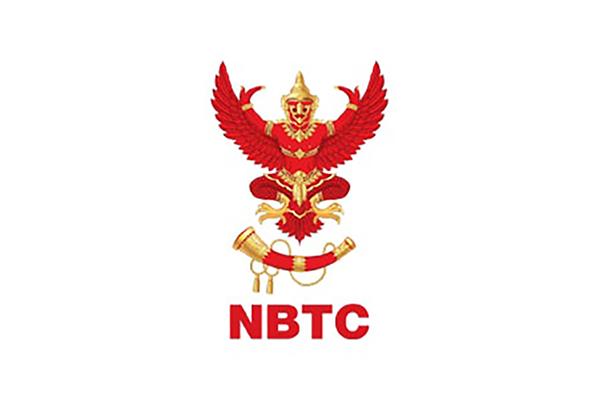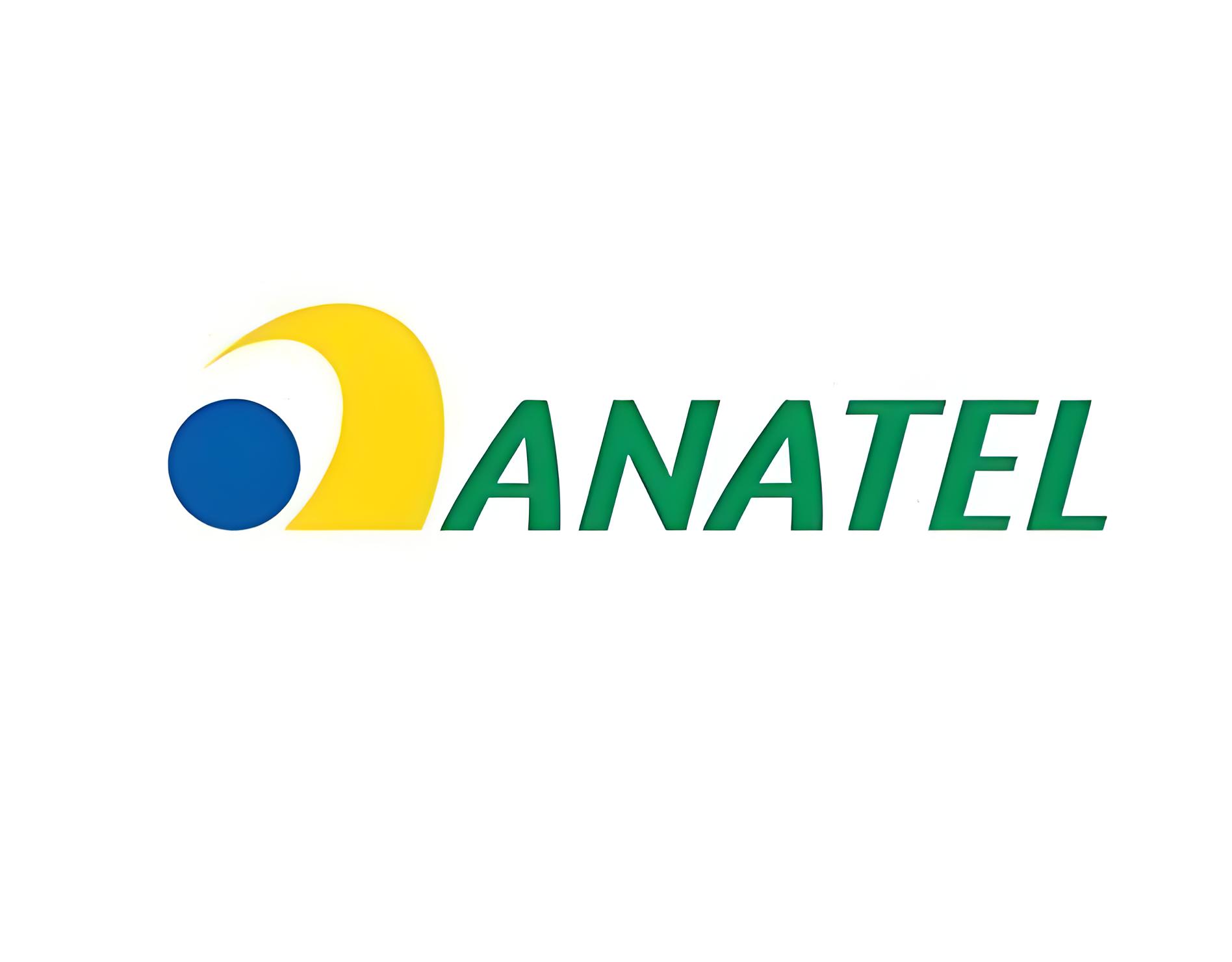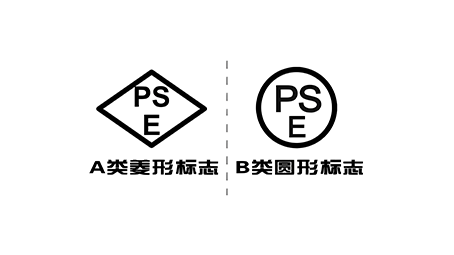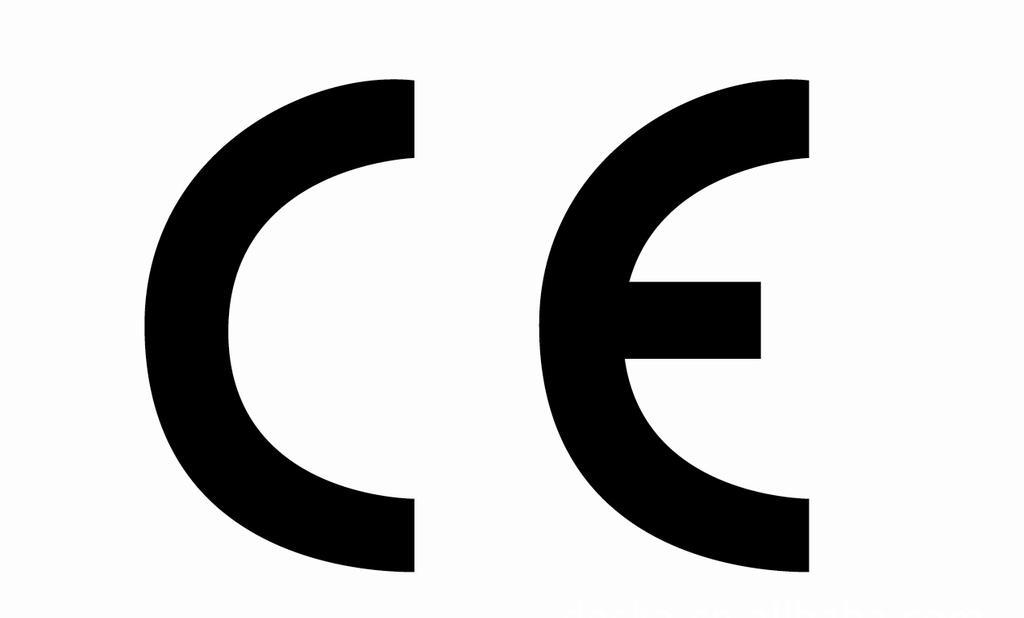The requirement that the state of charge (SoC) of pure lithium-ion batteries should not exceed 30% was promoted and enforced by ICAO for many years.
As for the state of charge (SoC) of equipment-related lithium-ion battery cargo, according to the latest provisions of the 67th edition of the Dangerous Goods Rules of the International Air Transport Association (IATA), the following new requirements shall be met from January 1, 2026:
01 packing instructions PI966
Applicable to UN3481 (lithium-ion battery packed with equipment): This kind of goods refers to lithium batteries packed separately from equipment but transported in the same box, and equipment needs to rely on lithium batteries for power supply, such as electric drills and sweeping robots. The new regulations refine the requirements according to different parts of PI966:
★ PI966 Part I: When lithium batteries are transported, the state of charge cannot exceed 30% of the rated capacity; If it exceeds 30%, it must be approved by both the country of origin and the country where the airline belongs before transportation can be arranged.
★ PI966 Part II: Graded control according to battery capacity
◆ If the capacity of lithium battery exceeds 2.7Wh, the state of charge must be delivered when it does not exceed 30%; Once it exceeds 30%, it needs the approval of the country of origin and the country where the airline belongs.
◆ If the capacity of the lithium battery does not exceed 2.7Wh, it is suggested that the state of charge should not exceed 30%, but even if it exceeds 30%, it still belongs to the "normal transportation range" and does not need national approval.
02 packing instructions PI967
Applicable to UN3481 (lithium-ion battery installed in equipment): This kind of goods refers to the lithium battery that has been integrated into equipment, such as mobile phones, tablet computers, notebook computers and other daily electronic equipment. From January 1, 2026, the charging requirement of such goods is "suggested measures": it is suggested that the state of charge should not exceed 30%, or the equipment display should not exceed 25%.
Note: This regulation is a recommended measure, not mandatory, and applies to both Part I and Part II of PI967.
03 packing instructions PI952
Applicable to UN3556 (vehicles powered by lithium-ion batteries): mainly for electric scooters, electric balance cars, small electric vehicles and other products, the new regulations take 100Wh as the boundary and divide the requirements into "mandatory" and "recommended" categories:
★ Class I: If the battery capacity exceeds 100Wh, any of the following conditions (mandatory requirements) must be met during transportation:
◆ The state of charge shall not exceed 30%, or the equipment display shall not exceed 25%;
◆ If the state of charge exceeds 30%, or the equipment shows that it exceeds 25%, it must be approved before transportation.
★ Category II: If the battery capacity does not exceed 100Wh, it is suggested that the state of charge should not exceed 30% or the equipment display should not exceed 25% (suggested measures).
Corporate compliance advice
◆ Make clear the packing instructions (PI966/PI967/PI952) corresponding to the goods to avoid confusion of applicable standards;
◆ For the mandatory management and control scenario, complete the battery state of charge detection and adjustment in advance;
◆ Confirm the details of DGD declaration to the airlines involved to avoid the process jam.
Warm tips
The 67th edition of the Dangerous Goods Rules (DGR) of the International Air Transport Association will come into effect on January 1st, 2026. ZRLK suggested that relevant battery enterprises should improve their risk awareness and do a good job in product planning and design in advance to ensure that the products put on the market meet the regulatory requirements and avoid unnecessary economic losses. Our company has a professional technical team and rich experience in product testing, which can help enterprises enter the target market in compliance with regulations. If you need it, please feel free to contact us, and our engineers will serve you at the first time!













